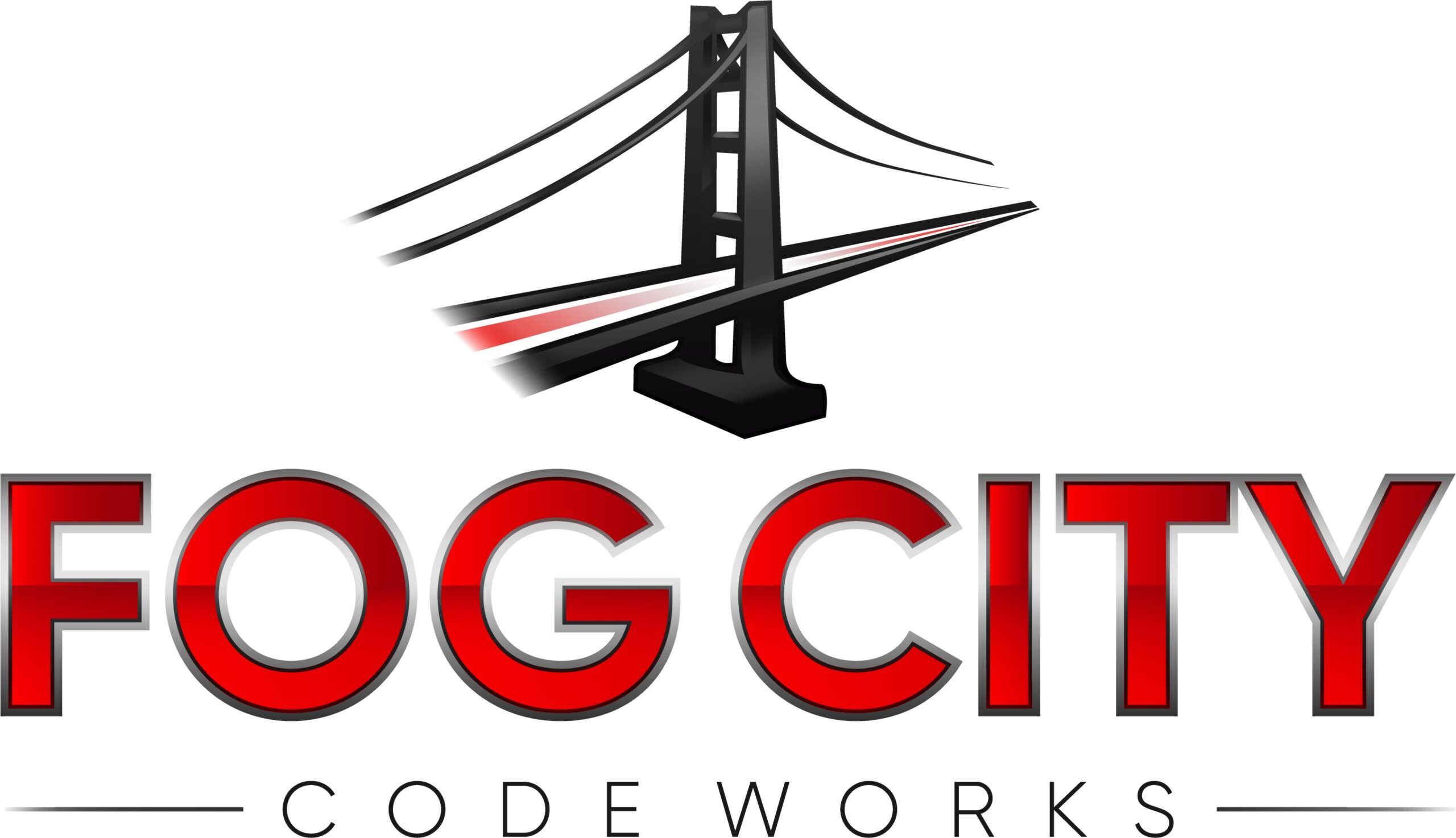If you’re a developer, you’re undoubtedly doing some remote work right now. Fog City’s clients are all over the county, so I’ve been engaged in remote work for more than a decade. Working remotely as a developer has huge positives; fewer distractions, more focus time, no commuting, and higher productivity. But there are dangers lurking in the tradeoffs; less communication, monotony, and keyboard fatigue. In order to build great software, we need to make sure we keep the communication channels open and stay motivated. Here are some tips for developers and managers to make the most of remote software development.
Silos Are Bad for Business
Working in a silo is bad for developers. Interacting with other developers, and knowing how your piece fits into the bigger puzzle, and overall company goals is a big part of writing great code. As a developer, it’s easy to go down a rabbit hole solving a problem that doesn’t need solving or optimizing code that already meets performance specs. And it’s much easier to do that when you’re disconnected from your team. In today’s rapidly changing macro environment, business needs are evolving more quickly than ever before. Priorities change on a dime. It’s easy for your task to go from critical path to obsolete in a matter of days.
To keep developers from feeling siloed, managers need to engage with them regularly. Keep them abreast of company developments and changes in priority. Weekly communication or a quick video chat is a great way to stay connected. And developers need to reach out to other team members, schedule integration points, engage in collaboration on design and implementation details, and schedule code reviews to stay connected and working toward shared goals.
At Fog City Code Works, we keep the chat channels open and ping each other regularly. We schedule meetings to review code and stay connected on tasks. When priorities shift, we discuss the impact and review current tasks to make sure we’re aligned and on the right track. We also acknowledge that everyone has a different working style. Some people work straight through the day, while others are absent from their desk while they take care of personal tasks. Some prefer video chat and some don’t like the distraction. Some use text messaging on their phone and others use Zoom, Slack, or Teams. All of that is OK. We don’t make excuses and we embrace the personal freedoms that come from working from home while staying committed to great communication and exceptional deliverables for our clients.
Collaboration Is Still Critical
When we’re in an office environment, conversations happen organically. We go to lunch or grab a coffee, we chat in the hallway or we stop by someone’s desk. When we have a question, it can get answered in 100 different ways. When we work remotely, we don’t have access to those conversations and we have to work harder to get our questions answered.
If you’re a developer, recognize that your questions that got previously answered by proximity to your team, are still valid questions. Seek to get answers. Don’t assume that you will figure it out or someone will tell you. Managers, don’t assume that everyone understands what you’re talking about when you give direction. People learn at different rates with different styles. Some people are text learners, some are vocal and some are visual. Create an environment where people feel comfortable asking questions that they might otherwise have not asked.
Empathy Always Matters
There is a phenomenon in social psychology known as the fundamental attribution error. It is the tendency for people to attribute behavior to someone’s character or personality and not their situation. When we interact less with each other, this bias becomes more pronounced. With less context, we can easily draw the wrong conclusions. Now more than ever, we must have empathy for our teammates and direct reports. We must strive to understand their situation and issues that might be impacting their work or performance. We must inspire and lead with generosity and compassion.
Intermittent Breaks are Required and Healthy
At the office, we get drive-bys all day. People stop by to share stories or collaborate. Conversations started at the coffee machine can make their way to a meeting room or a whiteboard for further discussion and elaboration. We typically leave our desks for lunch or an afternoon snack. But when working at home, I can go 8 hours without ever leaving my desk, completely focused on debugging a latency issue or a performance bottleneck, having meeting after meeting from the comfort of my desk chair. Productivity experts agree that several small breaks followed by a larger break every couple of hours can increase focus and motivation. Taking breaks to let the brain process issues and circumstances while not under direct performance pressure can result in better ideas and more creative problem-solving.
Bottom Line
While working from home, keep yourself and your team sane and working productively by engaging regularly, communicating effectively, and collaborating regularly. Work harder to stay aligned by communicating the evolving company or project goals and identifying how team members are contributing. Encourage a culture of collaboration by responding positively to questions and quickly addressing concerns. Remember to have empathy for everybody’s individual situation. The work-from-home paradigm requires a new set of skills and a different type of leadership. Get on board and get your team thriving remotely.


